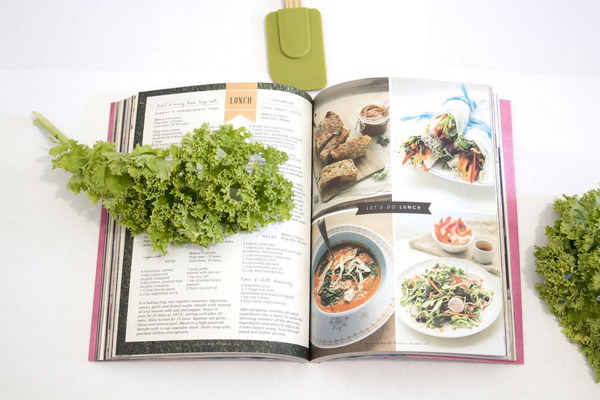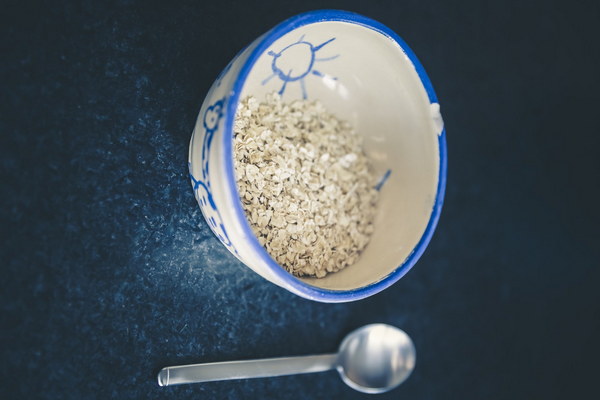Nurturing Health A Guide to Self-Care for Individuals with Gastritis
Gastritis, an inflammation of the lining of the stomach, can be a challenging condition to manage. However, with the right approach to self-care, individuals with gastritis can significantly improve their quality of life. Here’s a comprehensive guide to nurturing health for those living with gastritis.
Understanding Gastritis
Gastritis can be acute or chronic, and its symptoms may include stomach pain, nausea, bloating, and indigestion. While the causes can vary from infection to excessive alcohol consumption, certain lifestyle changes can help alleviate symptoms and prevent recurrence.
1. Diet and Nutrition
A healthy diet is pivotal in managing gastritis. Here are some key recommendations:
- Avoid Trigger Foods: Common triggers include spicy foods, caffeine, alcohol, and acidic foods. Keep a food diary to identify any specific triggers that may exacerbate your symptoms.
- Eat Smaller Meals: Consuming smaller, more frequent meals can help reduce stomach acidity and minimize discomfort.
- Choose Easy-to-Digest Foods: Opt for soft, bland foods like bananas, rice, applesauce, and toast, which are gentle on the stomach lining.
- Stay Hydrated: Drink plenty of water throughout the day, but avoid drinking large amounts of liquid with meals, as this can dilute stomach acid.
- Limit Alcohol and Caffeine: Both can irritate the stomach lining and exacerbate symptoms. Minimize or eliminate their consumption.
2. Lifestyle Adjustments
Adopting a healthy lifestyle can greatly impact gastritis management:
- Regular Exercise: Engage in gentle, low-impact exercises such as walking, swimming, or yoga to improve digestion and reduce stress.
- Manage Stress: Chronic stress can exacerbate gastritis symptoms. Practice stress-reduction techniques like meditation, deep breathing exercises, or gentle stretching.
- Quit Smoking: Smoking can increase the risk of gastritis and worsen its symptoms. Seek support to quit if you smoke.
- Get Adequate Sleep: Poor sleep can affect digestion and increase stress levels. Aim for 7-9 hours of quality sleep each night.
3. Medications and Supplements
In some cases, medication may be necessary to manage gastritis:
- Antacids: These can neutralize stomach acid and provide quick relief from symptoms.
- Proton Pump Inhibitors (PPIs): PPIs reduce the production of stomach acid, which can help heal the stomach lining and prevent future inflammation.
- H2 Receptor Antagonists: These drugs decrease the amount of acid produced by the stomach and can also be used to treat gastritis.
- Supplements: Probiotics may help maintain a healthy gut flora and support digestion.
4. Regular Check-ups and Monitoring

It’s essential to maintain regular check-ups with your healthcare provider to monitor your condition and adjust treatment as needed. Share any new symptoms or concerns promptly to ensure proper management of your gastritis.
Conclusion
Living with gastritis requires a holistic approach to health, focusing on diet, lifestyle, medication, and stress management. By following these guidelines, individuals with gastritis can take control of their condition and lead fulfilling lives. Remember, each person is unique, and what works for one individual may not work for another. Work closely with your healthcare provider to tailor a self-care plan that suits your specific needs.









